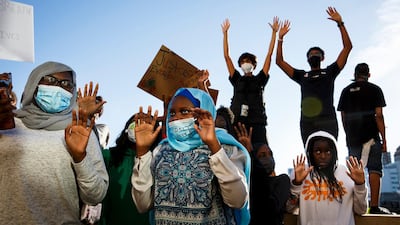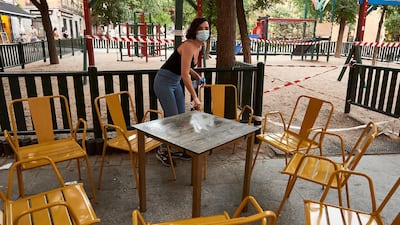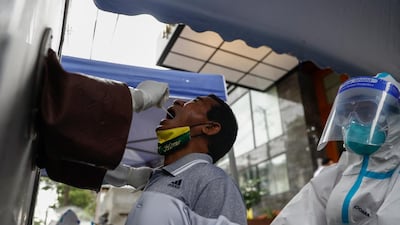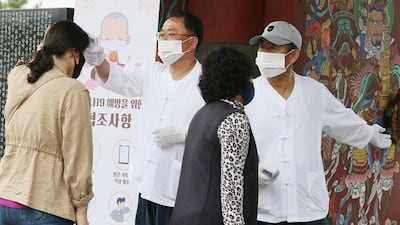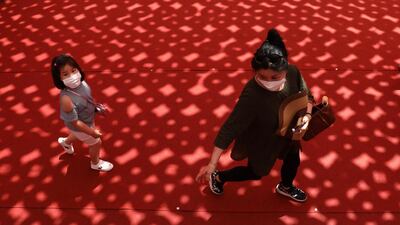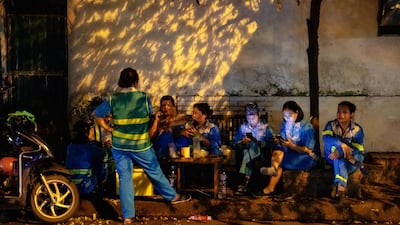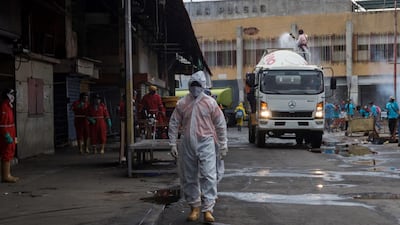When Boris Johnson hosts the Global Vaccine Summit on Thursday, the UK Prime Minister can fairly point to the lessons from exactly 300 years ago when a smallpox outbreak threatened London.
In the years leading up to the epidemic, Lady Mary Wortley Montagu had been the wife of the British ambassador to Constantinople. Her life had been literally and emotionally marked by smallpox, a now extinct disease that was no respecter of high rank or wealth.
She herself had contracted the fever and her brother had died from it. Outbreaks had the capacity to shut down early 18th century cities as Covid-19 has hit the world today.
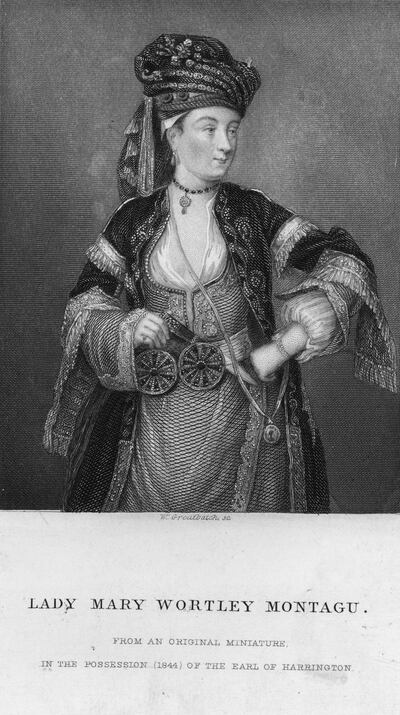
During her time in what we call Turkey today, Lady Mary noticed locals had none of the pocked skin that was the legacy of the illness. She made enquiries and was pointed to a local treatment. When the summer heat faded, the women of Istanbul held “parties” when the virus was administered from a “nutshell by a needle”.
In a letter dating from 1717, she noted the smallpox, “so fatal and so general amongst us, is here entirely harmless”.
Just before she was recalled from the Ottoman Court, Lady Mary and the embassy doctor took her three-year-old son to undergo an inoculation. The ambassador’s wife was sure she had done the right thing. “I am patriot enough to take pains to bring this useful invention to fashion in England,” she said.
On her return, she faced a great fight to get the practice accepted. Lady Mary worked with Hans Soane and Richard Mead to carry out trials in Newgate Prison in 1721.
In the same year, Lady Mary had her infant daughter inoculated as smallpox outbreak raged. Claude Amyand, a French refugee who was surgeon to the court of King George, administered smallpox to the monarch's grandchildren. But despite the royal seal of approval, the concept of vaccination remained controversial and disparaged.
There was another outbreak in 1740 and another French refugee doctor, Matthew Maty, fought a new more successful campaign to put a stop to unnecessary deaths. The method spread worldwide but it was not until 1980 that the United Nations said it was eradicated and in 1997 when the last case was declared.
Fortune therefore ultimately favoured the brave pioneers of vaccination defying even the recent rise of a conspiracy-based denier movement.
The British-led summit on Thursday marks the 20th anniversary of the founding of Gavi, the vaccine alliance, and aims to raise $7.4 billion for its global goals up to 2025. The organisers want the world to unite around three main truths that they say have been highlighted by Covid-19 crisis: vaccines are essential for protection of health and wealth; everyone must be protected or no one is; the alliance helps the world go further and faster.
The timing of the meeting could not be more on point. Analysts have detected at least 85 countries that have placed bans or export restrictions on medicines and equipment for treatment of Covid-19. In what has been described as the global gold rush to defeat the 29 microscopic proteins that make up the coronavirus, there are more than 100 candidate vaccines under development.
The investment is massive and each backer will want to see appropriate reward for success. Novaris, which was the leader of the pack in the H1N1 pandemic, has said there is no short cut to the 18-month-to-two-year-timeframe for developing a successive option.
Sinovac, a Beijing company, has said it is 99 per cent sure that its treatment will prove effective. It is wrapping up second stage trials but is unsure where it can launch the stage three tests as China’s infection rate has fallen.
Amid the calls for universal access to a breakthrough vaccine, the US has launched Operation Warp Speed to pick winners in the research stakes. The UK government provided money to Oxford University researchers and brokered a deal with AstraZeneca to get first access to 30 million of the planned 100 million batches of the vaccine it plans to roll out.
Institutes have suddenly become the target of cyber attacks traced to regimes such as Iran and North Korea that are seeking access to secret data.
Facing criticism in the US, the Trump administration said therapeutic treatments for Covid-19 ranked just as important as the hunt for vaccine. Drugs such as remdesivir, which has been repurposed from an Ebola treatment, have improved survival chances of those contracting the virus.
Meanwhile, the urgent need to restart social and economic activity, whether or not the vaccine summit heralds success, grows every day. In such a scenario, wearing a mask day in, day out is crucial now. Social distancing must be observed in offices, airports and shops. Disinfection campaigns and good hygiene are crucial.
These are all brave and necessary choices that are not limited to the vaccine hunters.
Damien McElroy is the London bureau chief of The National













